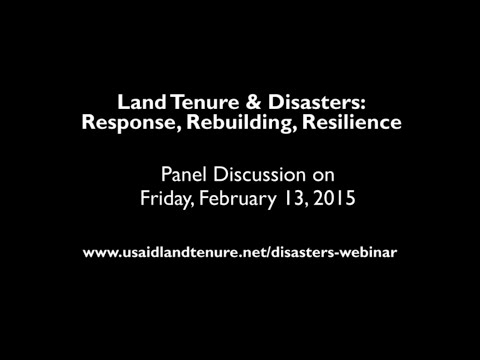Speakers: Jeffrey Herrick, LandPKS Lead
April 14, 2015
12:30 – 2:00 pm
Seminar Room, North Tower, Ronald Reagan Building
1300 Pennsylvania Ave NW, Washington, DC
LandPKS develops innovative mobile data collection and analysis methods and tools to support local land use planning and to optimize design and implementation of food security, land restoration, climate change adaptation and biodiversity conservation programs. USAID is working with USDA’s Agriculture Research Service to support LandPKS development and field testing. This brownbag/webinar will feature the official release of the first two mobile applications (Land Info and Land Cover) – available on the Google Play Story – as well as a discussion of how these applications are currently being used in sub-Saharan pilot areas. The outlook for integrated development of other mobile application modules will also be discussed.


